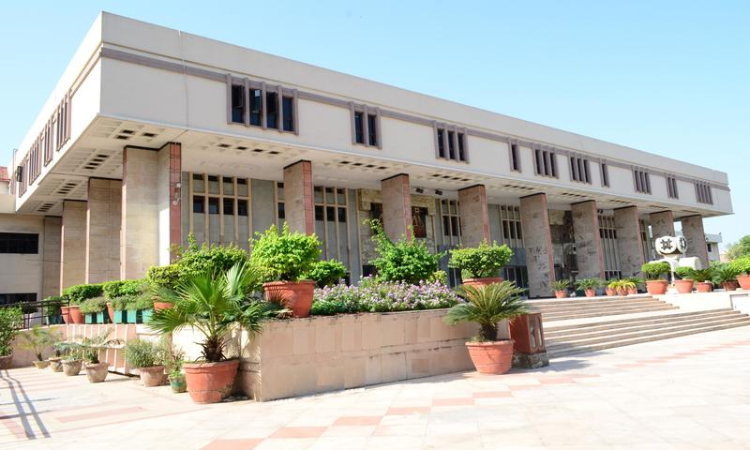Delhi High Court Notifies VC Rules, Allows Public To View Virtual Proceedings
Nupur Thapliyal
27 Oct 2021 10:52 PM IST

Next Story
27 Oct 2021 10:52 PM IST
The High Court of Delhi Rules for Video Conferencing for Courts 2021, which seek to consolidate, unify and streamline the procedure relating to use of video conferencing for Courts, have been notified in the official gazette on October 26.The Rules consist of five Chapters and two schedules. While the Chapters provide for definitions, general principles and procedure for virtual...
